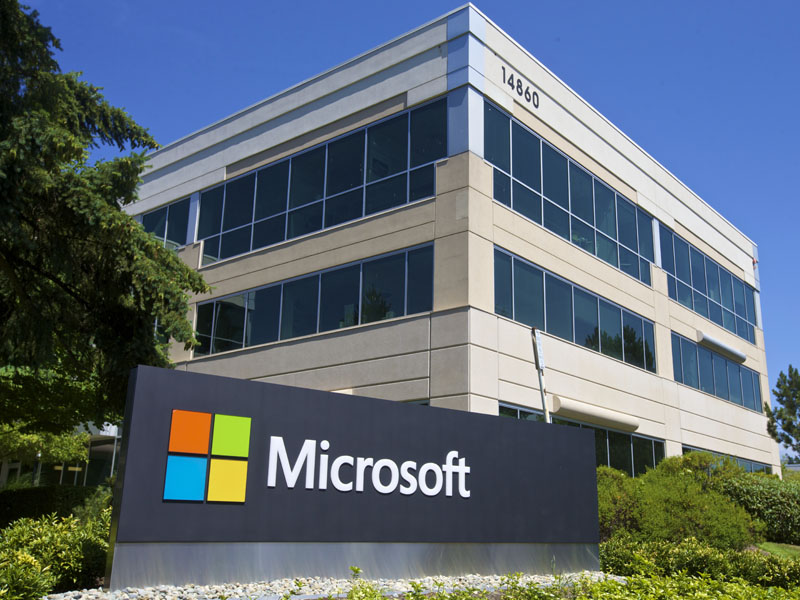Microsoft sees rise in number of secret data requests

Microsoft has seen a rise in the number of accounts affected by secret government demands, according to its latest transparency report.

(Image: Microsoft; file photo)
But the number of overall number of demands filed by world law enforcement and intelligence agencies declined during the last six-month reporting period.
The latest report from the tech giant, which covers the first half of this year ending June, revealed an 8 percent decrease in requests for customer data from global law enforcement and intelligence agencies.
In total, the company received 35,572 demands for data from law enforcement agencies, affecting 38,366 accounts across the world.
Two percent of cases -- roughly 942 separate demands -- resulted in the company turning over content data, like Outlook.com emails, Skype instant messages, or cloud-stored stored in OneDrive.
In a little under two-thirds of all cases, only subscriber data -- like a person's name, email address, country of residence, gender, and IP addresses -- was disclosed to the requesting agency.
Microsoft added that it had received 28 requests from law enforcement relating to enterprise and business accounts, in which the company complied in part or in full with 16 requests.
On cases relating to national security, tech companies are still subject to heavy reporting restrictions, including a six-month reporting delay.
For the second-half of 2015, the company received fewer than 500 secret demands for content, but the number of accounts affected went up to 17,500 to 17,999 accounts, up by about 12 percent on the prior six months.
Microsoft acknowledged the rise in a blog post.
"In April, we filed a lawsuit against the US government challenging what we believe is the routine use of secrecy orders, which prevent us -- often indefinitely -- from notifying some individuals when the government seeks their data," said Steve Lippman, director of corporate responsibility.
"We believe that with rare exceptions consumers and businesses have a right to know when the government accesses their emails or records, just as they would if the government was seeking access to documents they have stored in their home. Secrecy orders should be adapted to what's necessary for the investigation, and no more," he added.
Since then, more than 80 signatories have thrown their weight behind the company, including Apple, and Fox News.
On Thursday, five senior lawmakers also filed amicus briefs in an effort to prevent companies from being subject to indefinite gag orders.
"It is [our] view that the rules currently in place for reviewing NSL nondisclosure orders do not meet the requirements of the Freedom Act and are unconstitutional," according to the brief.